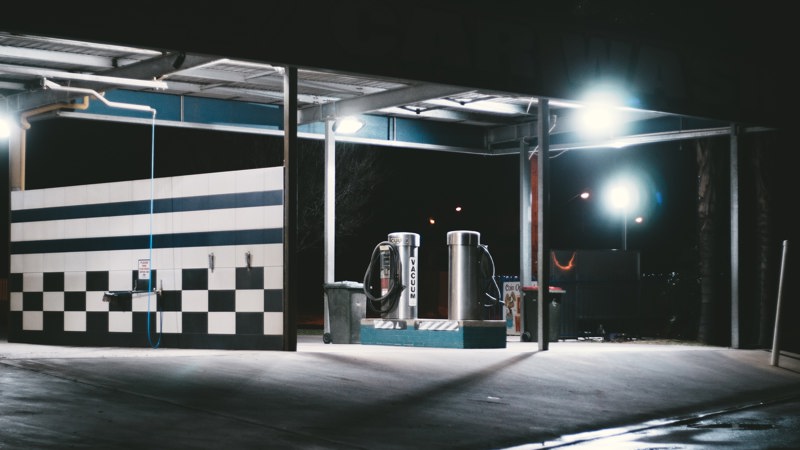
Thanks to sector coupling in Germany, more and more consumer sectors such as heat and transport will be switched over to entirely renewable sources of energy in the long term. A model-based analysis of the system costs across all stages of the energy supply chain shows that the existing gas infrastructure in Germany is able to make a significant contribution to achieving a comprehensive energy transition (“Energiewende”) without great expense.
Preservation of the gas networks, combined with the use of “green gas” as a further final energy medium alongside electricity, will result in significantly lower overall costs than the universal electrification of all end-use applications, and it can also help to overcome customer acceptance problems.
This paper is based on a study on the German energy market carried out by Frontier Economics, IAEW, 4Management and EMCEL on behalf of the Association of German Gas Transmission System Operators (FNB Gas e.V.).







